An Apple patent filing was released Thursday showing a system allowing retail outlets to sell periodicals to customers as part of an ongoing subscription, simultaneously saving money for customers and making money for retailers.
The filing, covering US Patent Application #20130024281, describes "a point-of-sale (POS) terminal, a POS controller, [and] a retail subscription system." It is aimed at cutting out the difficulty and price differential arising from a customer buying one issue of a periodical at newsstand price and then deciding she wants to subscribe to the periodical.
Under the above scenario, the customer winds up paying more, since newsstand issues are sold at higher cost than issues as part of a subscription. Also, the retailer loses out, since it gets no portion of the subscription price paid to the publisher, even though the retailer initiated the subscription sale.
Though the process described involves paper periodicals and retail locations, the granting of the patent to Apple doesn't likely mean the tech giant will be making a move into physical periodical sales any time soon. The patent revealed today matches US Patent #5926796, filed in May of 1997 by Jay Walker — founder of Priceline.com (Priceline now says it has had no ties to Mr. Walker since 2000) and eponymous head of Walker Digital — and likely stems from Walker's prior legal dealings with Apple.
In 2011, Walker Digital filed suit against Apple and more than 100 other companies, including Sony, The Walt Disney Company, The Weather Channel, and eBay, alleging illegal use of inventions it claimed to have created in the 1990s. It filed a second suit a week later against Apple and other companies over the iPad and multiple apps available in Apple's App Store.
Walker Digital was widely derided as a "patent troll," as few, if any, of the patents the company holds have materialized into actual products. Still, mid-2011 brought reports that Apple, Groupon, and others had settled with Walker rather than face drawn out litigation.
The companies are said to have agreed to pay more than $25 million to settle Walker's patent suits, and the settlement is said to have included licensing and a sale of some patents. The periodical subscription patent would seem to have been among those sold to Apple, which deals daily with similar content thanks to the Newsstand feature it has built into its iOS platform.
 Kevin Bostic
Kevin Bostic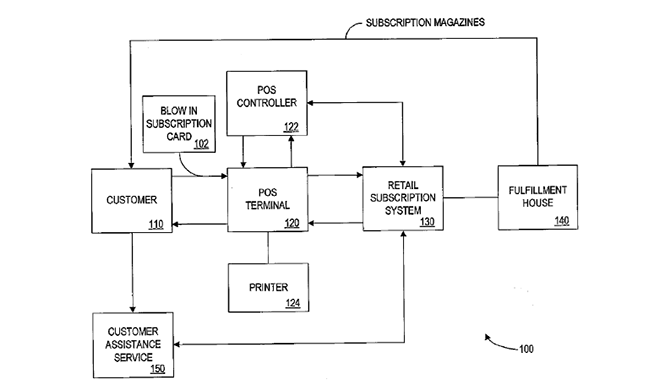
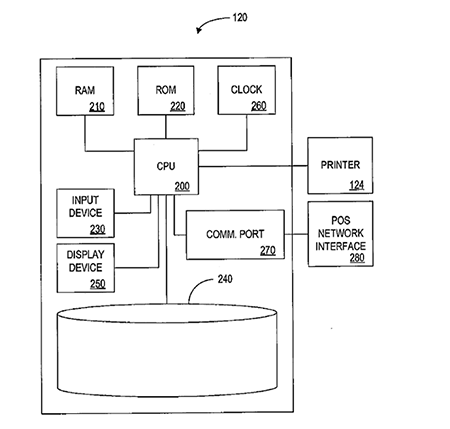

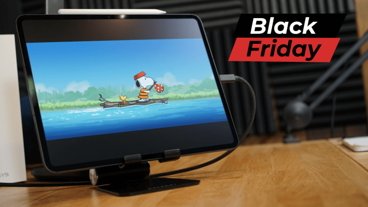
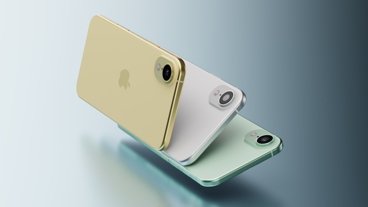
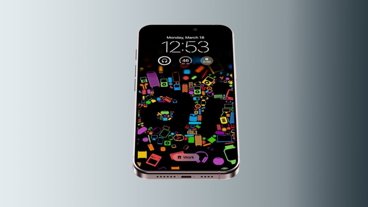











 William Gallagher
William Gallagher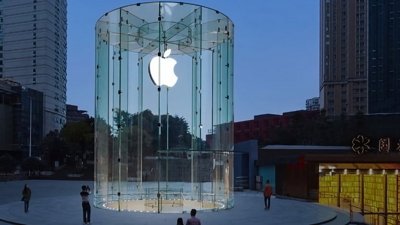

 Christine McKee
Christine McKee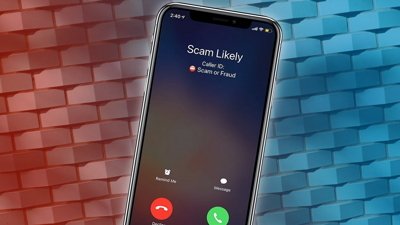
 Malcolm Owen
Malcolm Owen
 Wesley Hilliard
Wesley Hilliard
 Marko Zivkovic
Marko Zivkovic










14 Comments
Crying shame they feel the need to put time and effort into these things, but I guess it's part of their business. Must be a hectic place to work, if all eyes are on you.
[quote name="PhilBoogie" url="/t/155616/apple-point-of-sale-subscription-filing-likely-stems-from-patent-troll-settlement#post_2264019"]Crying shame they feel the need to put time and effort into these things, .[/quote] Crying shame that AI keeps using incendiary verbiage like 'patent troll'. A legal owner of a patent is free to do whatever they want with the patent. Practice it, sell it, license it, or do nothing. The fact that they are not practicing the patent does not diminish their rights one iota. It's no different than if you own a manufacturing property and it's not currently rented. Since you're not using it, anyone who wants to should be able to move in and use it without penalty - or at least that's the conclusion you'd reach if you applied the same 'patent troll' nonsense to real estate.
A legal owner of a patent is free to do whatever they want with the patent. Practice it, sell it, license it, or do nothing. The fact that they are not practicing the patent does not diminish their rights one iota.
It's no different than if you own a manufacturing property and it's not currently rented. Since you're not using it, anyone who wants to should be able to move in and use it without penalty - or at least that's the conclusion you'd reach if you applied the same 'patent troll' nonsense to real estate.
We have lots of fanciful terms for the bottom feeders. For instance, "slum lords, ambulance chasers, and pill pusher." "Patent Troll" refers to a very specific type of patent holder. Namely, one who mimics the actions of a troll. The mythical trolls waits under a bridge, waits for a party to cross, then jumps out and threatens death if a toll isn't paid for crossing his bridge. Patent trolls do the same. They quietly wait for a company to launch a successful product, and then jump out of nowhere threatening injunctions if a license isn't taken. It is the way these so called patent holders conduct themselves that befit them the title "patent troll." Moreover, the patent at issue clearly doesn't apply to Apple's business, but people like Walker know Apple will pay millions in attorney fees to defend the patent. It costs Apple less to settle.
Further, patent law was created to spurn innovation. Walker had his team at Priceline sit around and patent thousands of ideas with no intent of doing anything but stand in the way of innovation by patenting broad concepts and sitting in the dark just waiting for somebody to step in the land mine. He obviously took the patents with him when he left Price Line. People like that hurt real innovators. Patent troll while sometimes used inappropriately certain fits in this case.
PS:
With real estate it is quite easy to figure out who owns it. Not so much when trying to create a product because people like Walker intentionally make the patents vague. Further, like previously mentioned, the patent doesn't even apply to what Apple is doing.
... Further, patent law was created to [spur] innovation. ...
This is the key point. If you are gaming the system with your only intention being to siphon money off of actual innovators, you're a patent troll. That you are complying with the letter of the law is irrelevant. The term 'patent troll' implies that, and that you are using the shortcomings with the "letter of the law" and the system to exploit the law to your advantage in a way that was never intended.
These are the key characteristics of the patent troll: exploiting defects in and gaming the system to profit financially without contributing anything of substance, counter to the intended purpose of the law.
Arguments that it's perfectly legal are beside the point. If it weren't "perfectly legal" it wouldn't be a problem.
[quote name="anonymouse" url="/t/155616/apple-point-of-sale-subscription-filing-likely-stems-from-patent-troll-settlement#post_2264105"] This is the key point. If you are gaming the system with your only intention being to siphon money off of actual innovators, you're a patent troll. That you are complying with the letter of the law is irrelevant. The term 'patent troll' implies that, and that you are using the shortcomings with the "letter of the law" and the system to exploit the law to your advantage in a way that was never intended. These are the key characteristics of the patent troll: exploiting defects in and gaming the system to profit financially without contributing anything of substance, counter to the intended purpose of the law. Arguments that it's perfectly legal are beside the point. If it weren't "perfectly legal" it wouldn't be a problem. [/quote] That's all fine, but there are two problems with your analysis: 1. Most people use "patent troll" to mean someone who tries to enforce a patent they're not using. That's certainly the way AI uses the term. As I pointed out, that's absurd terminology - there are plenty of legitimate reasons not to use a given patent and to license it, instead. 2. Where do you draw the line between a legitimate technology investor and a "patent troll" (using your definition above). The answer is that you can't. Pretending that it's bad (even though it's perfectly legal) just because you don't like it doesn't make sense, either.